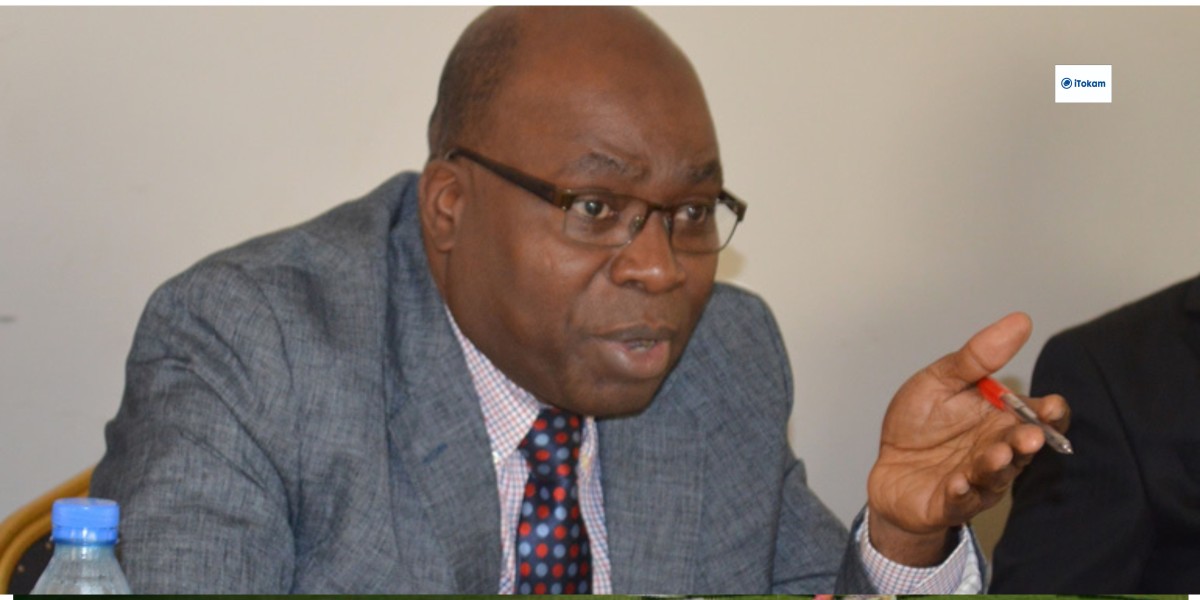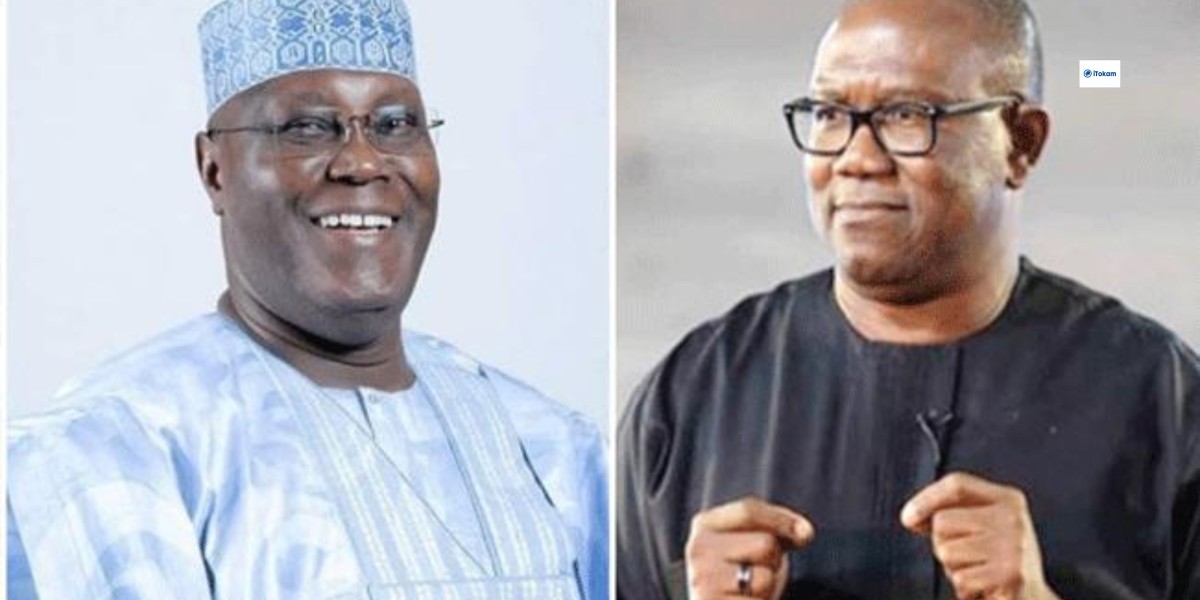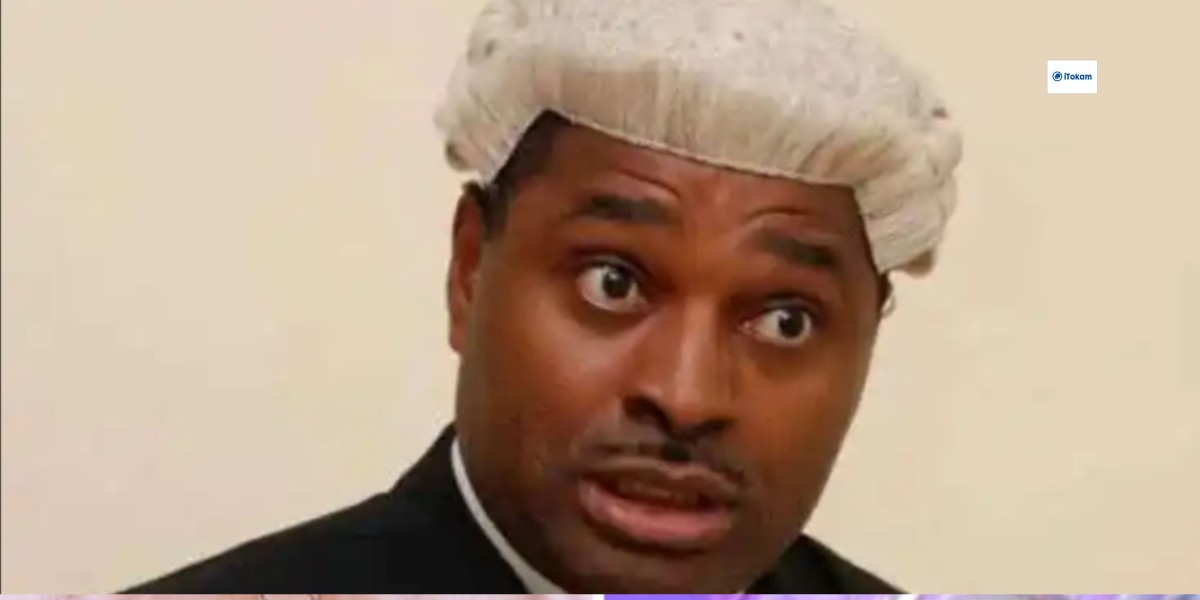In the meantime, the House of Representatives has not yet reached a decision on whether or not it will concur with the Senate about the amendment.
Any person who makes a fraudulent petition or gives false information to officials of the commission would be subject to a two-year jail sentence without the option of a fine, as part of the amendment that was passed by the Senate.
However, there are rumors circulating within the ICPC that suggest the restriction of the powers of ICPC chair's was a response to the commission's surveillance of members' constituency projects. As a result of this tracking, 450 contractors have been required to return to project sites in order to finish abandoned projects that are worth more than N45 billion.
An unique document obtained by Sunday PUNCH revealed the alteration that reduced the powers of the ICPC chairman. The document also showed that the red chamber further amended Section 3 of the Principal Act by inserting a new subsection 3(11), which created offices for commissioners in the commission.
According to the newly added language in subsection 3(11), "The commissioners of the commission shall have the following offices: i. Commissioner (Investigative Matters), ii. Commissioner (Legal Matters), iii. Commissioner (Prevention, Systems Review and Financial Intelligence), iv. Commissioner (Asset Recovery and Management), v. Commissioner (Anti-Corruption Education and Mobilisation), vi. Commissioner (Forensics and Emerging Technologies), vii. Zonal Commissioners
The modification included a provision that stated, "In assigning responsibilities to the commissioners, the Presidentshall have regard to the geopolitical zones and discipline of the appointees," which stated that the President must take these factors into consideration.
The change of Section 3 of the Principal Act and the addition of new subsection 3(11) have, according to authoritative sources who talked to our correspondent on the condition of anonymity, resulted in a reduction of the powers of the ICPC Chairman, which in turn resulted in a reduction of the powers of the ICPC itself.
Also Read: President-Elect Affirms Democracy As Cornerstone For Sustainable Development.
According to one source, "the amendment was carried out in private and without a public hearing because the Senate was aware that people would have protested against such a move." In contrast to other law enforcement agencies, such as the Economic and Financial Crimes Commission, the National Drug Law Enforcement Agency, and the Nigeria Customs Service, amongst others, the powers of the chairman of the commission have been reduced thanks to a covert change.
"The senators are attempting to exact revenge on the Chairman of the ICPC for his unyielding stance with regard to the prevention of corruption in constituency projects. The ICPC has monitored over 4,000 projects that are valued at approximately N200 billion as part of its constituency and executive projects tracking initiative, which is currently in its fifth stage.
Another high-ranking official emphasized that the powers of law enforcement agencies could not be subjected to the decisions of committees or to political considerations, pointing out that this would have an impact on the responsibilities of the commission as well as the powers of the chairman.
The person continued by saying, "The Senate is only fighting back because the ICPC has been tracking their projects." Because of the tracking, 450 contractors have been required to return to project sites in order to finish abandoned projects worth more than N45 billion.
The official claimed that some members of the relevant senate committee were influenced by some ICPC board members who had been demanding increased powers for the board. The official's allegations were made in a statement to the relevant senate committee.
Before the amendment, Section 4(2) of the Act stated that a quorum for meetings consisted of the chairman of the ICPC and any four board members of the commission. After the amendment, the section was changed so that "any five board members" can now form a quorum for meetings, and the five members present at the meeting must appoint a chairman to preside over the meetings. In the meantime, the senate also amended Section 4(2) of the Act to allow "any five board members"
According to the sources, in the event that the modification was approved, any five members of the board would be able to convene and make significant decisions without the participation of the chairman of the ICPC.
They further mentioned that in order to cut the powers of the chairman even more, the Senate had also altered Section 7 of the Principal Act regarding the issue of administrative orders by the chairman. These administrative orders are known as "standing orders," and their purpose is to guarantee that the commission operates in an efficient and effective manner. In contrast, following the alteration, the word "chairman" in Section 7(1) was changed to "commission."
The term 'board members' was changed to 'commissioners' by the Senate in Sections 3(5), 3(6), 3(7), 3(8), and 3(9) of the Principal Act. In Sections 8, 9, and 10, of the Principal Act, the punishment for offering and accepting gratifications was likewise lessened as a result of the red chamber's actions.
The officials expressed their regret that the amendment presented a severe risk to the anti-corruption effort and might have serious repercussions for the ICPC.
In the meantime, the Speaker of the House of Representatives, Femi Gbajabiamila, has revealed that there have been concerns spoken against the bill by those who are not present in the chamber. As a result, he has decided to defer the move by the House to agree with the Senate on the revision of the law.
Gbajabiamila revealed to the press that he has been fielding phone calls from a variety of sources regarding various suggested modifications to the Act.
The law was scheduled to go through its second reading in the House on Thursday, but the Speaker of the House asked for the consideration of the bill to be postponed until the following week so that there would be enough time for a thorough assessment of the plan.
The title of the bill was "A bill for an Act to amend the Corrupt Practices and Other Related Offences Act, 2000 to strengthen the role of the Independent Corrupt Practices and Other Related Offence Commission, and allow it to prosecute cases before the Federal High Court, align its provisions with the Constitution of the Federal Republic of Nigeria, clear ambiguities, and enhance its preventive role by providing for shared responsibility to quicken and deepen the execution of the law." The legislation was intended to strengthen the role of the commission that investigate
When the House of Representatives got to Item 17 on the Order Paper during the plenary on Tuesday, Gbajabiamila asked that it should be stepped down until Tuesday. He disclosed that the Chairman of the ICPC, Prof. Bolaji Owasanoye, and other people had called him to raise issues against the proposed amendment. Gbajabiamila said he had yet to examine the content of the bill. He said he had yet to examine the content of the bill.
"People have called me, and I want to actually look at it and study it," the Speaker continued. I will recommend that all of us get a hold of this bill coming from the Senate and have a good look at it since it will come up maybe on Tuesday. This will allow us to look it over thoroughly and determine whether or not it is worth amending. I have received calls, even from the chairman of the ICPC, who I have never before had the opportunity to speak with. Therefore, the best course of action is to err on the side of caution. Regarding this particular one, we will hold it at this level till Tuesday."
As part of the revision, the previous provision of the Act's Section 22(3) was updated to state that the penalties for artificially raising the price of goods and services has been reduced from N1 million to N500,000. In the previous version, there was language that stated, "Any public officer who, in the course of his official duties, inflates the price of any good or service above the prevailing market price or professional standards shall be guilty of an offence under this act and liable on conviction to imprisonment for a term of seven years and a fine of N1m." This language has been removed from the current version.






Jonah Ekeh 43 w
Good delivery